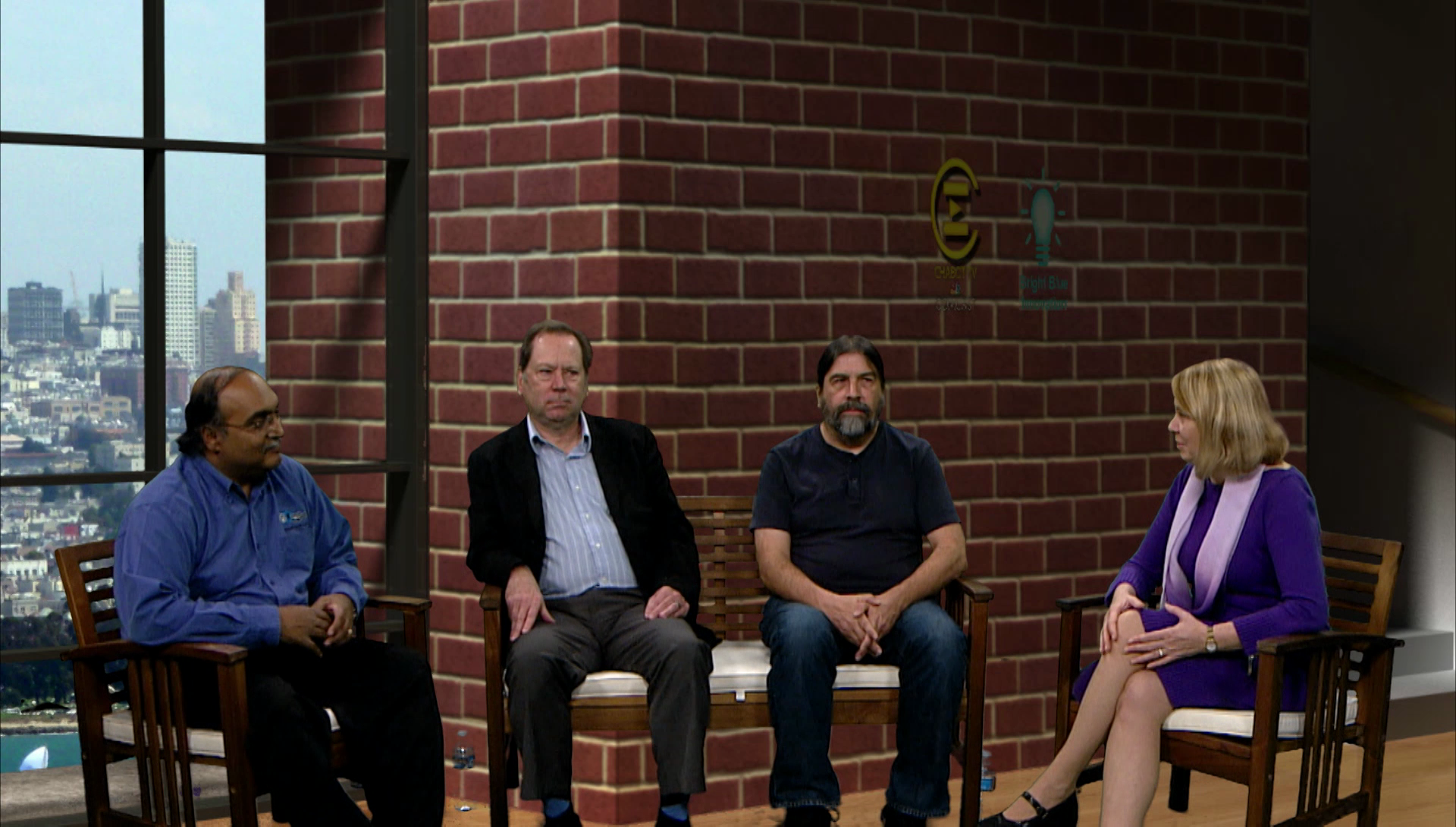
How was the world of technology in 2016?
January 2017 – How was the world of technology in 2016? – talk with the experts from San Francisco Bay area: Kevin Krewell, Principal Analyst of Tirias Research, Rodney Thayer, Cybersecurity Consultant and Pallab Chatterjee, Editor in Chief Media & Entertainment Technologies.
Autonomous vehicles made a lot of progress this year, more than anticipated – stated Kevin Krewell. The amount of effort and engineering going into driverless cars was remarkable. Typically, cars are a slow moving industry, taking 5+ years to qualify an equipment part going into a vehicle. But now things have changed and car manufactures are being blamed for not moving fast enough. Companies, such as, Qualcomm, Nvidia, Intel, NXP and others have been investing heavily to bring autonomous vehicles to the market in the next few years. Elon Musk and Tesla have done the most to promote this change. Musk broke the barrier by having pre-installed software built into the Tesla vehicles, like he knew it was going to get better over time. Car manufacturers are not just making cars any more, but rather building a software platform – Rodney Thayer.
“All our knowledge begins with the senses”- declared 18th century philosopher Immanuel Kant.
The challenge with autonomous cars is that they are cameras based – added Pallab Chatterjee. Radar, lidar, sonar or real cameras are like senses of a vehicle. They are figuring things out but they create a huge amount of data. The flood of data is here and more is coming. By 2020, the average internet user will create 1.5GB of traffic per day, smart hospital – 3.000 GB per day, autonomous vehicle – 4.000 GB each per day, airplane – 40.000 GB per day and smart factory – 1.000.000 per day.
The biggest surprise that came up in 2016?
That VR came back again was a surprise to Pallab Chatterjee. It is like 3D, every 10-15 years people forget that it is not technology, it is what content is available and how the companies plan to monetize it. That was one of the problems with 3D. It was rushed to the market because the technology was available but people said – there was nothing to watch because the content was made in a rush and it was of poor quality and stories. We see that scenario right now. The only good content for VR is in games on very expensive platforms but it is not mass market. The VR devices for mass market are not professionally created and a content is poor and people get dizzy and nauseous.
For Kevin Krewell, the biggest surprise in 2016 was how many big money acquisitions were taking place. It is not that big companies are buying small companies but big companies are buying big companies. Intel buying Altera last year was a starting point. NXP bought Freescale and now Qualcomm is buying NXP that just bought Freescale, and Samsung buying Harman Group.
The overriding challenge in 2016 was security and privacy. A number of high level intrusions and data breaches took place, and as the year ends, more will come to light. The risks are at all levels, individuals, companies, organizations, even standard internet providers and countries – the cybersecurity threats are guiding the way business was done in 2016 and the new ways it will be done in 2017 according to Rodney.
Here is the full episode that was aired at Bay area Comcast tv in December: